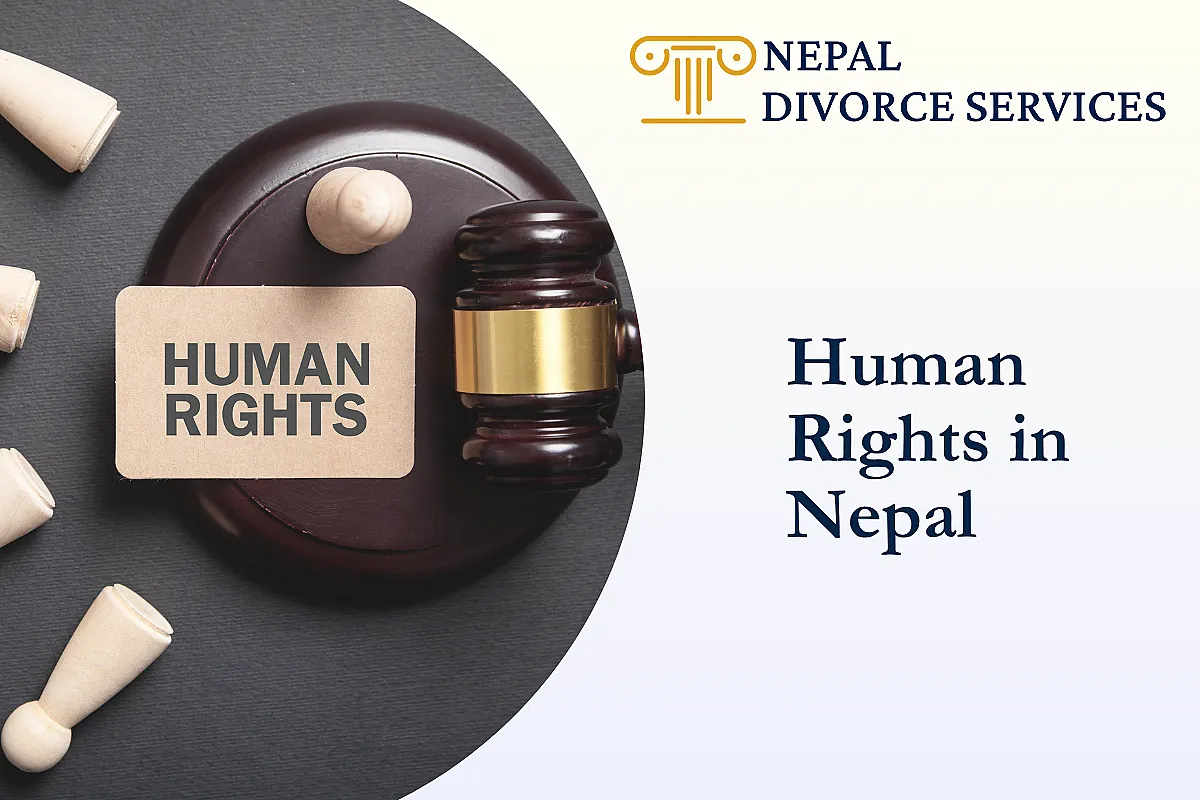Tag : Legal Rights Consultant Dhangadhi
Human Rights in Nepal
Human Rights in Nepal are the rights and freedoms that are guaranteed to all Nepalese people by the constitution, laws and international treaties. Human rights include civil and political rights, such as freedom of expression, assembly, association, religion and fair trial, as well as economic, social and cultural rights, such as right to education, health, work, food and social security. Human rights also include the right to live with dignity, equality and non-discrimination. Human rights are essential for democracy, development and peace in Nepal. However, human rights in Nepal face many challenges and violations, especially in the context of the decade-long armed conflict between the government and the Maoist rebels from 1996 to 2006, which resulted in thousands of deaths, disappearances, displacements and abuses by both sides. The conflict also affected the human rights situation in terms of poverty, health, education, gender equality and social inclusion. Despite the signing of the Comprehensive Peace Agreement in 2006 and the promulgation of the new constitution in 2015, human rights issues remain unresolved and unaddressed in Nepal.

